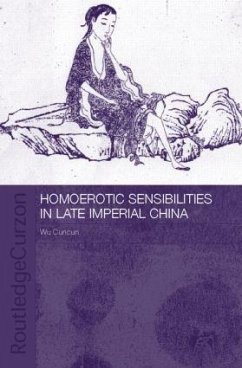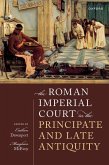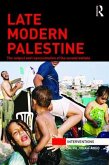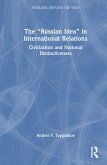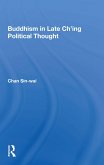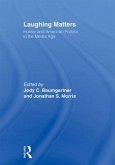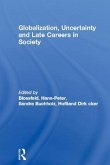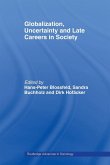Homoerotic Sensibilities in Late Imperial China is the richest exploration to date of late imperial Chinese literati interest in male love. Employing primary sources such as miscellanies, poetry, fiction and 'flower guides', Wu Cuncun argues that male homoeroticism played a central role in the cultural life of late imperial Chinese literati elites. Countering recent arguments that homosexuality was marginal and disparaged during this period, the book also seeks to trace the relationship of homoeroticism to status and power. In addition to historical portraits and analysis, the book also advances the concept of 'sensibilities' as a method for interpreting the complex range of homoerotic texts produced in late imperial China.
Hinweis: Dieser Artikel kann nur an eine deutsche Lieferadresse ausgeliefert werden.
Hinweis: Dieser Artikel kann nur an eine deutsche Lieferadresse ausgeliefert werden.

